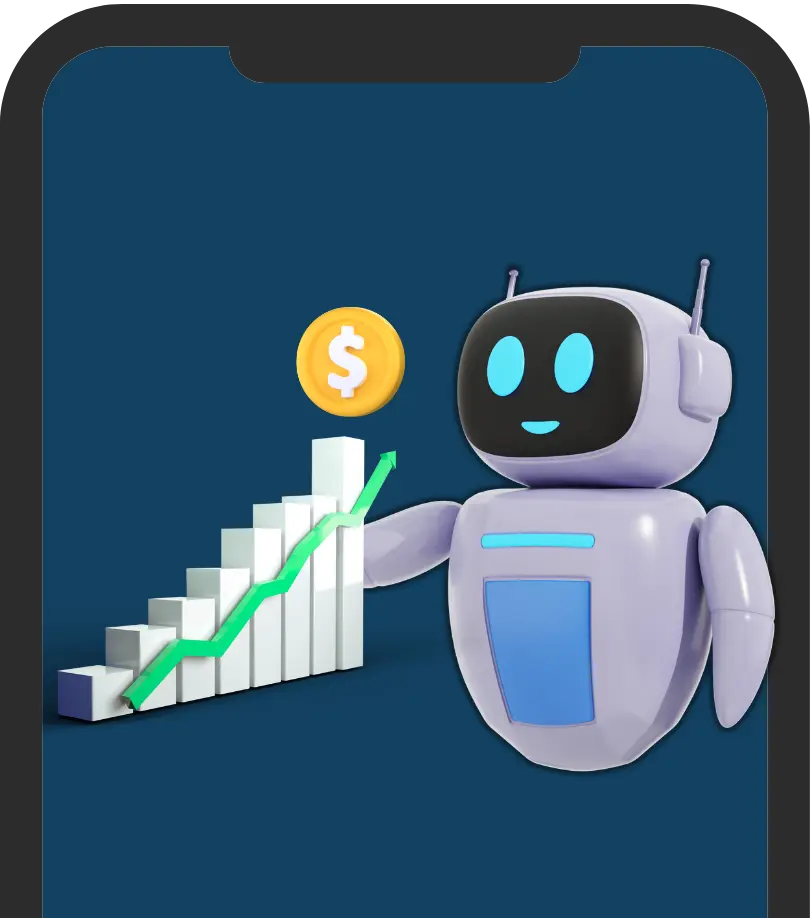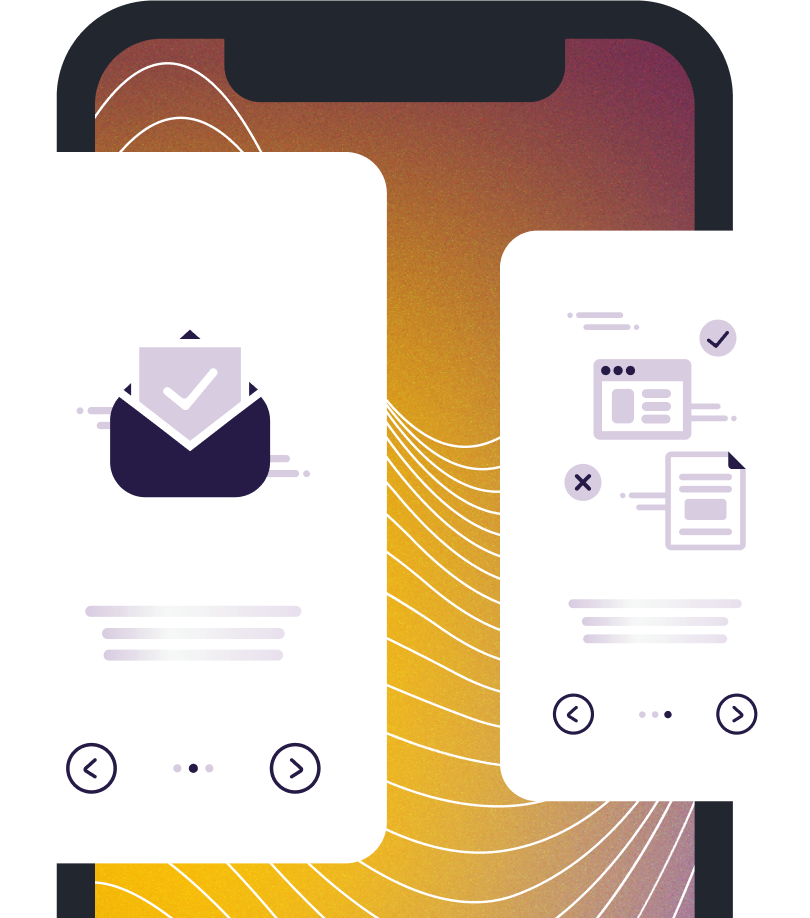A WhatsApp chatbot is a software program that sends and receives messages on WhatsApp automatically. It uses predefined rules or WhatsApp chatbot AI to interact with users naturally.
With a chatbot, you can answer customer questions, share information, send updates, and even close sales — all without human involvement.
Example:
Imagine a customer messaging your business at midnight. Instead of waiting for morning, your chatbot answers instantly. It can book an appointment, share a product catalog, or solve basic customer queries.
How Does a WhatsApp Chatbot Work?
A WhatsApp chatbot works through the WhatsApp Business API. This API lets businesses connect their systems directly to WhatsApp. The chatbot manages all incoming and outgoing messages.
Here’s how it works:
-
A customer sends a message to your WhatsApp Business number.
-
The chatbot reads the message.
-
It uses AI or keyword matching to send the right reply.
-
If needed, it can forward the chat to a live agent.
Some bots are rule-based. Others use powerful AI WhatsApp chatbot to handle complex conversations.
Why Your Business Needs a WhatsApp Chatbot
Customers expect fast replies. They don’t like to wait. A WhatsApp chatbot for business can meet these expectations easily.
Here’s why businesses choose chatbots:
-
24/7 Customer Support: Always available, day or night.
-
Faster Response Times: Answer customers in seconds.
-
Lead Generation: Capture leads during conversations.
-
Appointment Booking: Schedule meetings without human help.
-
Order Management: Update customers on order status.
-
Marketing Campaigns: Send offers through WhatsApp.
-
Customer Engagement: Chat personally with thousands.
In short, a WhatsApp chatbot saves time, reduces costs, and keeps customers happy.
Benefits of Using a WhatsApp Chatbot
Using a chatbot brings many benefits:
-
Instant Response: No waiting times for customers.
-
Higher Conversions: Fast replies lead to more sales.
-
Cost Efficiency: Fewer support agents needed.
-
Personalized Experience: Address customers by name.
-
Scalable Service: Handle thousands of chats easily.
-
Customer Insights: Collect valuable data.
-
Customer Loyalty: Satisfied customers return.
When you pick the best WhatsApp chatbot, you give your business a strong competitive edge.
Common Use Cases of WhatsApp Chatbots
Businesses use WhatsApp chatbots in many ways:
-
E-commerce: Share product updates, answer FAQs, track orders.
-
Healthcare: Book appointments, send reminders.
-
Finance: Alert users about transactions and due payments.
-
Travel: Confirm bookings, send boarding passes.
-
Education: Enroll students, answer course queries.
-
Real Estate: Showcase properties, schedule visits.
No matter your business, a WhatsApp chatbot for business can add value.
How to Create a WhatsApp Chatbot
You can build a WhatsApp chatbot in simple steps:
1. Get Access to WhatsApp Business API
First, you need approval for the WhatsApp chatbot API.
Requirements:
-
A verified Facebook Business Manager
-
A phone number not tied to personal WhatsApp
Third-party providers like Twilio, WATI, or 360Dialog can help with this process.
2. Pick a Platform
Choose the right platform to build your bot. Some options are:
-
WATI
-
Kommo
-
Engati
-
Freshchat
They offer templates, AI features, and integrations to speed up the process.
3. Design the Chat Flow
Plan the journey your users will take:
-
Greeting
-
Main menu options
-
FAQs
-
Lead generation forms
-
Human takeover if needed
4. Train Your Bot with AI
If you want smarter replies, train your bot with WhatsApp chatbot AI models. Teach it different ways users may ask the same question.
5. Launch and Improve
Test your chatbot well before launch. After going live, track performance. Make improvements based on customer feedback and analytics.
Best Practices for WhatsApp Chatbots
Follow these tips to make your bot better:
-
Keep Messages Short: WhatsApp is for quick chats.
-
Be Friendly: Use natural, human-like tone.
-
Offer Clear Menus: Guide users easily.
-
Set Expectations: Inform users if human support is available.
-
Personalize Responses: Use names and history.
-
Ask for Feedback: Learn from your users.
A well-designed chatbot improves customer experience and boosts brand loyalty.
WhatsApp Chatbot Limitations
Even the best WhatsApp chatbot has some limits:
-
Message Template Approval: WhatsApp must approve certain outbound messages.
-
24-hour Rule: After 24 hours, only specific messages can be sent.
-
Privacy Rules: You must get customer permission before messaging.
Staying compliant ensures long-term success.
WhatsApp Chatbot Examples
Real companies use WhatsApp chatbots successfully:
-
KLM Airlines: Booking updates and travel documents.
-
Hellmann’s: Food recipes based on fridge ingredients.
-
Lenskart: Eyewear consultation and order tracking.
-
BookMyShow: Movie ticket delivery and reminders.
These examples show that a WhatsApp chatbot for business can fit any industry.
Conclusion:
Absolutely! If you want faster support, better engagement, and more conversions, you should invest in a WhatsApp chatbot.
Choose the best WhatsApp chatbot for your needs. Start small, improve your flow over time, and offer your customers the convenience they expect.
With the help of the WhatsApp chatbot API, you can automate conversations, improve satisfaction, and scale faster than ever. Start today and watch your business grow!




